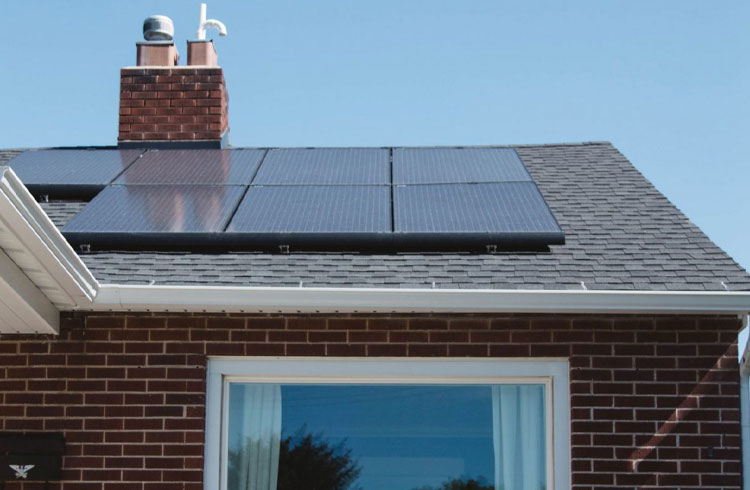
This year, the presence of domestic solar panels made its way into the planning system. Not, as you would think, a case of planning permission to erect a solar panel, but the quashing of a planning permission which failed to consider the impact the development would have on the effectiveness of a neighbouring solar panel.
In the case that made its way to the High Court (McLennan, R (on the application of) v Medway Council & Anor [2019] EWHC 1738) Mr Justin Lane nullified the decision of Medway Council to grant planning permission for the installation of dormer windows and a rear extension on a house in Rochford.
As Robin Green, of Cornerstone Barristers, who acted for the Claimant, explains: ‘in granting permission, the council had mistakenly believed that there would be no overshadowing of solar panels on a neighbourly property owned by the claimant, not realising that the orientation of the properties shown on a site location plan was wrong’.
In the proceedings, the council accepted that it had made a mistake but sought to defend the claim on the basis that overshadowing of solar panels was not a material planning consideration.
Robin Green
Mr Justice Lane, on taking into consideration national and local policy on climate change and the need to plan for climate change litigation, concluded that ‘the council could not rationally ignore the effect of overshadowing on solar panels’.
The decision was made that no matter how small a contribution one property’s solar panels may have on the renewable energy system, it was deemed not immaterial in planning terms. From this High Court ruling there are clear implications in daylight and sunlight terms which could potentially follow through to common law rights of light.
Stuart Gray, Equity Partner of Delva Patman Redler